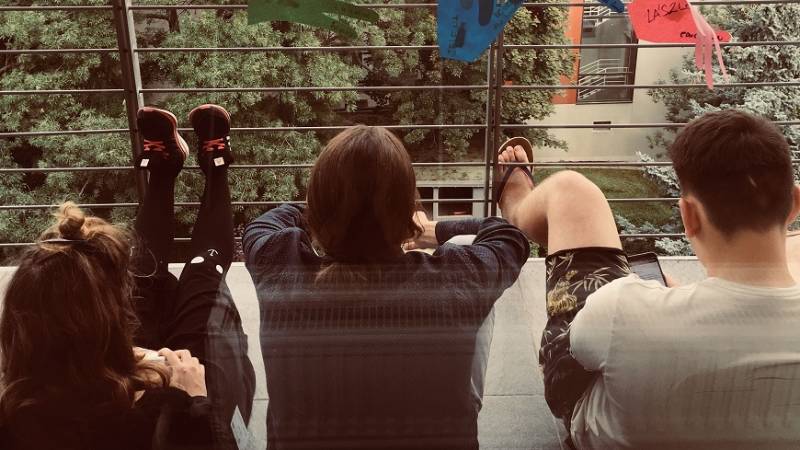The Youth Peace Camp is the flagship activity of the Council of Europe youth sector on promotion of peaceful and inclusive societies. The Youth Peace Camp project was born in 2003 in the framework the programme of the Council of Europe’s confidence-building measures and has been providing a unique opportunity for young people from conflict-stricken regions to meet and understand the process of transforming conflicts.
During the camp the participants follow an experiential learning process and acquired competences in the fields of peacebuilding, intercultural learning, dialogue and conflict transformation, within a human rights framework.
The Youth Peace Camp unique approach is the possibility for young people to better understand conflicts and their transformation by listening to and living together with young people affected by other conflicts elsewhere. The European Youth Centre provides an adequate environment for the young people from different conflict-stricken regions to learn together about conflict, to share their experiences in approaching them with other young people and to build their capacity to engage and/or develop future conflict transformation projects and initiatives.
Aims and objectives
The Youth Peace Camp engages young people and youth organisations from conflict affected regions in dialogue and peacebuilding activities based on human rights education and intercultural learning during and after the camp.
The objectives of the 2023 Youth Peace Camp are:
- To develop awareness and basic competences (knowledge, skills and attitude) of participants in human rights education, peacebuilding and intercultural learning to enable them to engage in dialogue and confidence-building initiatives with other young people affected by conflict;
- To support mutual learning from experiences of conflict and coping strategies;
- To foster relationship building as a foundation for peacebuilding and dialogue;
- To introduce and share existing youth work practices and experiences of young people working on dialogue and conflict transformation in their home communities
- To motivate and support participants in their role as multipliers and peer leaders in peacebuilding activities with young people encouraging them to implement follow-up initiatives;
- To strengthen the role of the Council of Europe, in particular through its Youth for Democracy programme, in peacebuilding and intercultural dialogue with young people and to support the approaches of the UN Security Council Resolution 2250 on Youth, Peace and Security and the Sustainable Development Goals.
Profile of participants
In 2023, the camp will bring together groups of young people from:
- Cyprus (Greek-speaking and Turkish-speaking young people)
- Kosovo*, with a focus on Albanian and Serbian communities,
- South Caucasus, in particular from conflict-affected regions and ethnic communities
- Both banks of the river Nistru/Dniestr.
All participants must:
- be aged between 18 and 25 years (with possible exceptions up to 30 years old);
- be able to work in English;
- be available and fully committed to take part in the Youth Peace Camp;
- be curious, open-minded, appreciate diversity and ready to learn about each other’s realities;
- be motivated to learn and to apply the values and approaches of the Youth Peace Camp, notably human rights, democracy and peacebuilding;
- be motivated to implement youth initiatives for peacebuilding following the camp;
- possess a sense of responsibility for one’s own actions, a commitment to personal and community development and continue the engagement with other participants;
- preferably be involved in an organisation or network, institution, formal and/or informal group that is ready to support them throughout the project duration and afterwards when implementing youth initiatives for peace building.
* All reference to Kosovo, whether to the territory, institutions or population, in this text shall be understood in full compliance with the United Nations Security Council Resolutions 1244 and without prejudice to the status of Kosovo
More information at: COE.int

